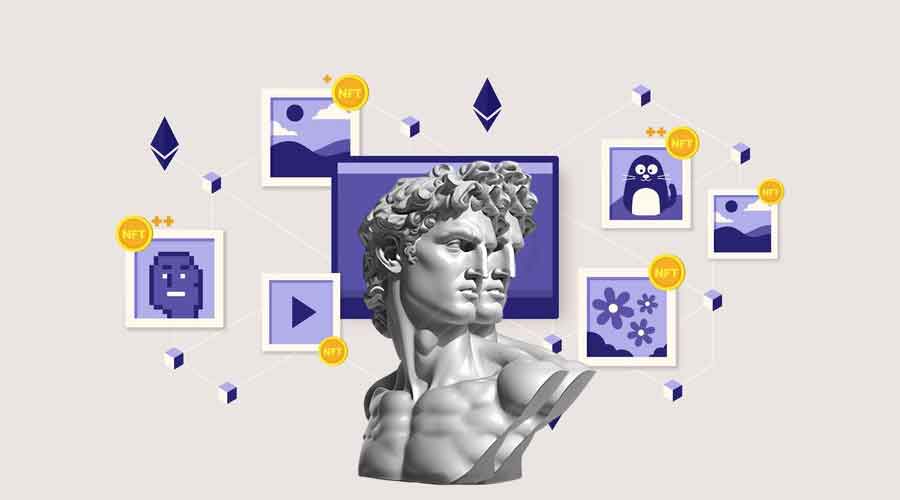 NFT DAOs are changing the face of the cryptocurrency industry in 2023.
NFT DAOs are changing the face of the cryptocurrency industry in 2023.
Non-fungible tokens (NFTs) have emerged as a ground-breaking innovation that is revolutionizing how we see and interact with digital assets in the ever-evolving Web 3.0 environment. NFTs, which were first widely adopted as a mechanism to own and trade digital collectibles, have now made it possible to create decentralized autonomous organizations (DAOs), an even more revolutionary idea. The use of NFTs to create DAOs in Web 3.0 is examined in this article, along with the possible advantages, difficulties, and actual cases of NFT-based DAOs that have been effective. DAOs are autonomous organizations that use smart contracts to run, with choices made by their community as a whole. DAOs seek to establish decentralized and democratic ecosystems where participants have a voice in decision-making, governance, and resource allocation by utilizing blockchain technology and NFTs.
Establishing membership and ownership rights is one of the main benefits of using NFTs in DAOs. Within a DAO, NFTs can stand in for membership tokens or governance tokens, allowing holders the ability to vote and influence important decisions. These tokens serves as evidence of ownership and involvement in the DAO’s activities, fostering a feeling of community ownership and shared interests. NFTs can also be utilized to donate resources or intellectual property to the DAO. As an illustration, artists might tokenize their works of art as NFTs and submit them to an NFT-based DAO, granting the community collective ownership and the capacity to share in whatever value these assets may create. Because of the community’s combined efforts and support, creators may continue to have a personal stake in their work. Additionally, NFT-based DAOs offer chances for crowdsourcing and group finance. DAOs can collect money to help their projects by selling NFTs that represent a portion of ownership in a project or business. As a result, financing becomes more decentralized and community-driven, allowing for greater creativity and teamwork without being constrained by established financial structures.
However, putting NFT-based DAOs into practice has its own set of difficulties. Assuring community members’ active participation and engagement is one of the main priorities. Ownership of an NFT confers voting rights, but does not ensure active participation in the decision-making process. DAOs must provide incentives and processes to promote active participation and prevent the consolidation of power in the hands of a select few. The efficiency and scalability of blockchain networks present another problem. The pressure on current blockchain infrastructures increases as NFTs and DAOs gain more and more prominence. For NFT-based DAOs to be widely used, it is imperative that these scaling issues be resolved while upholding the security and decentralization that Web 3.0 is built upon.
Examples from the real world highlight the possibilities of NFT-based DAOs. For instance, the “Loot” platform attracted attention by releasing a selection of randomly generated objects as NFTs, which served as the foundation for an ecosystem of community-driven games. Another illustration is “DAOstack,” a platform that promotes cooperation and decentralized decision-making by enabling the development and maintenance of DAOs through its smart contract architecture. Only a small portion of the NFT-based DAOs’ possible use cases are illustrated by these real-world examples. They emphasize how this technology is transformational, enabling decentralized ownership, cooperation, and finance across sectors. We may anticipate more cutting-edge applications and prosperous NFT-based DAOs to emerge as the ecosystem develops, propelling Web 3.0 forward and changing conventional notions of ownership, participation, and governance.




